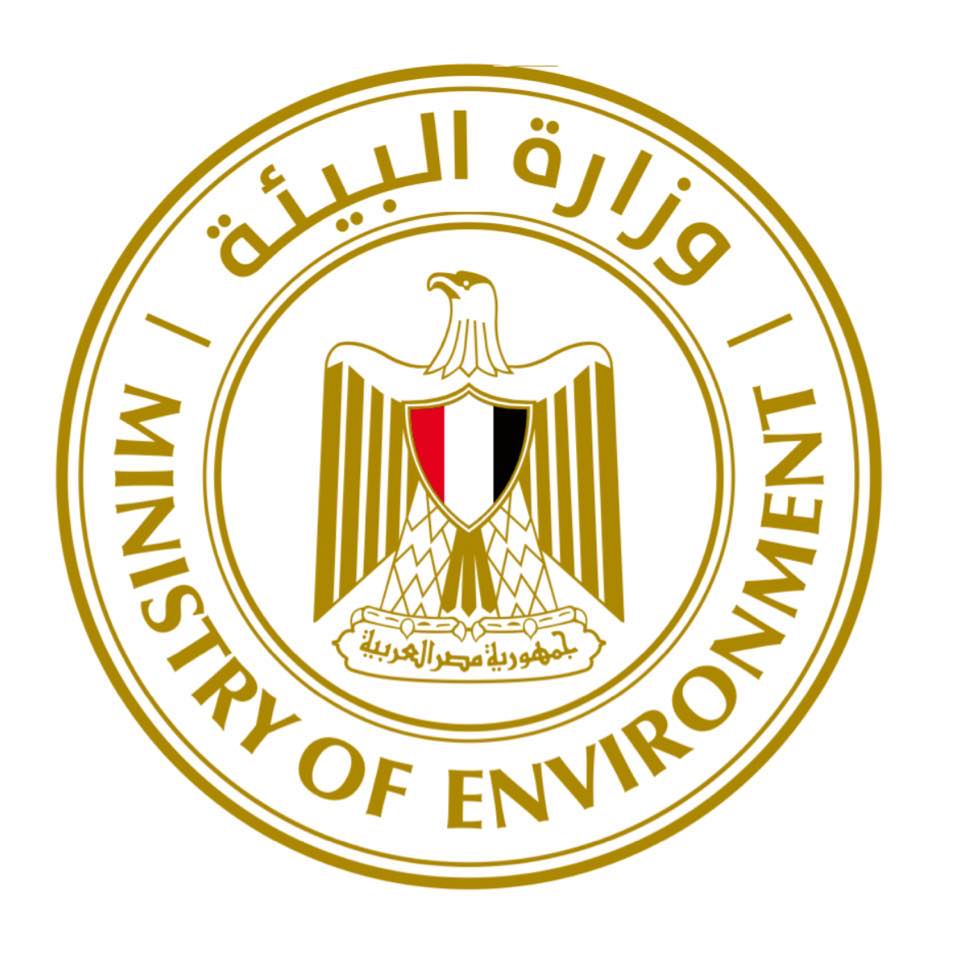WASTE MANAGEMENT

Collection of MSW in rural areas and small cities
Market
| Final Products | Collection of Municipal Solid Waste (MSW) from households and commercial facilities, selling sorted MSW to waste management companies |
| Required Inputs | Waste from households, offices, universities, and schools (MSW mainly) |
| Competing Products | Collectors and informal sector |
Process
| Complexity – Type of Process | Manual labor and mechanical processes |
| Technology | Manual technology mainly: mapping, communication, collection, and preprocessing (possible) |
| Equipment and Material | Trucks, sorting conveyor |
| Human Resources | Labor and drivers |
Advantages and Risks
| Competitive Advantage | Controlling the beginning of the value chain, therefore, controls the price |
| Barriers to Entry | Informal waste collectors, households, municipalities |
| Key Stakeholders | Informal waste collectors, Households, municipalities |
| Special Regulations | License from EEAA, the license from the municipality, and the license for cars from Ministry of Interior |
| Risks and Mitigation Measures | Competition with informal sector valuable recyclables and collection fees Mitigation measures are 1) designing financial and business models to make a profit without being based on valuable recyclables 2) working in governorates and neighborhoods where there is a gap in collection service providing |
Economic Features
| Revenue Stream | Sale of waste to different entities down the value chain (incl. startups) |
| CAPEX |
The inputs and technology would cost an average of 7.7M EGP Note: This CAPEX represents the indicative investment size, however, this investment opportunity can grow in implementation to a larger-sized investment. |
| Investment Size | Medium (between 5-50M EGP) |
Geography
| Location of Supply | All over Egypt |
| Preferred operation regions |
All over Egypt |
Studies
| Serial | File name | Download |
| 1 | 19 Business Opportunities Economic Business Models in Egypt's Recycling Sector for Startups and SMEs_booklet |
